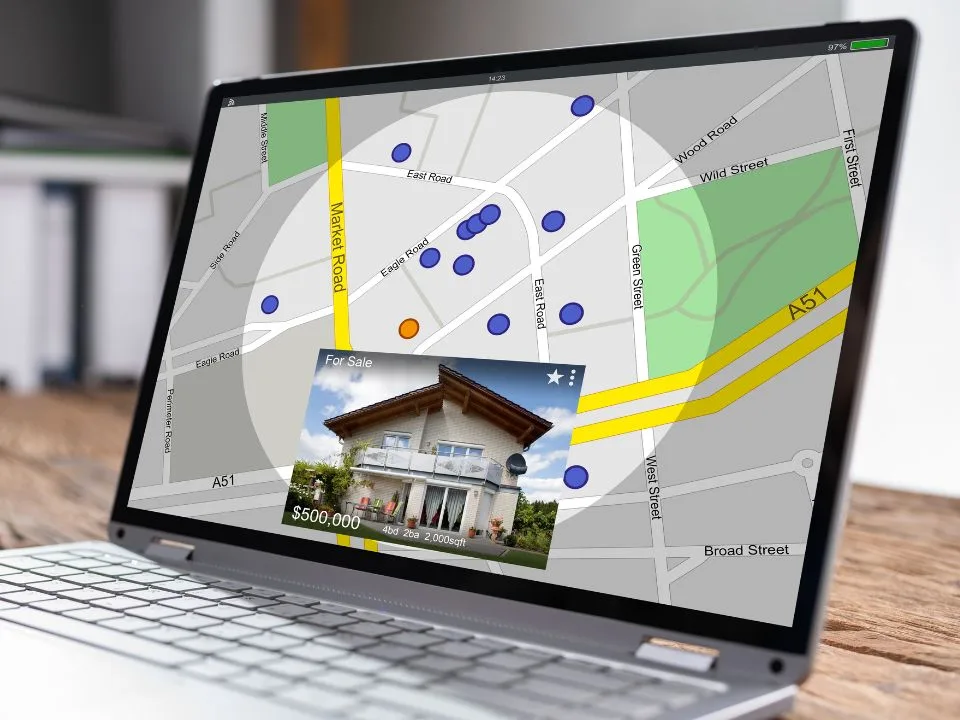- AI is driving a “rental revolution,” streamlining everything from tenant work orders to investor due diligence in the apartment sector.
- Virtual leasing agents and AI-powered underwriting tools are among the more mature applications gaining traction, while startups explore broader integration across property operations.
- Despite rapid adoption, the technology remains costly and fragmented, with most landlords and operators still in the experimental phase.
The Rental Revolution
CNBC says that gone are the days of landlords knocking on doors for rent checks or tenants chasing property managers for maintenance requests. Technology has been creeping into the rental housing sector for years, but artificial intelligence is now accelerating that shift, transforming how large operators, investors, and tenants interact with multifamily housing.
AI-driven software is increasingly handling work orders, lease renewals, tours, and even complex investment underwriting, creating both opportunities and challenges for operators navigating a fragmented rental market.
Smarter Leasing and Tenant Interactions
One of the most advanced uses of AI in multifamily is virtual leasing agents—chatbots and agentic AI systems capable of handling prospective resident inquiries autonomously. These systems can adapt responses to tenant questions, streamlining leasing processes and saving staff time.
Firms like Funnel are taking this further by centralizing interactions across portfolios. Rather than confining automation to a single community, Funnel enables cross-portfolio engagement, such as offering tenants alternative units in different markets if they don’t renew a lease. Major apartment REITs, including Camden Property Trust, MAA, and Essex Property Trust, are already deploying this model.
Get Smarter about what matters in CRE
Stay ahead of trends in commercial real estate with CRE Daily – the free newsletter delivering everything you need to start your day in just 5-minutes
AI in Investment and Operations
On the investment side, AI is reshaping due diligence. Traditionally, acquisitions required investors to manually review hundreds of leases to build rent rolls. Now, AI models can rapidly summarize lease data and feed it directly into underwriting tools, expediting property valuations.
Property management is also benefitting. PredictAP, a portfolio company of RET Ventures, uses AI to process vendor invoices across multiple services—landscaping, plumbing, HVAC—eliminating manual data entry and streamlining accounts payable.
Headwinds and Limitations
While AI is making significant inroads, adoption is still in its early stages. The technology is expensive, and the multifamily industry itself is highly fragmented. The US has roughly 50M rental units, most owned by small landlords, while even the largest REITs typically manage fewer than 100,000 units.
Industry leaders caution that it will take years to determine which AI solutions evolve into sustainable businesses and which remain experimental tools.
Why It Matters
For large-scale operators and investors, AI offers the promise of efficiency, higher margins, and better tenant engagement. For startups and venture capital, the integration challenge represents a massive opportunity. As the technology matures, AI could redefine how renters experience housing—and how landlords manage their portfolios.


















